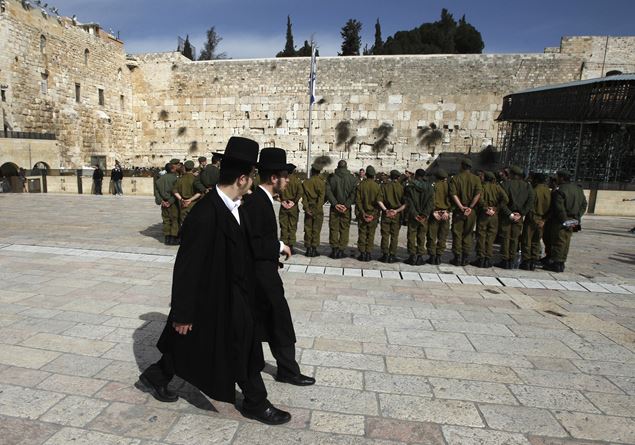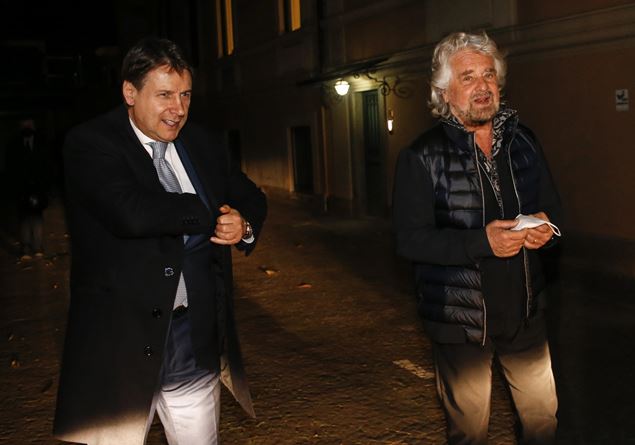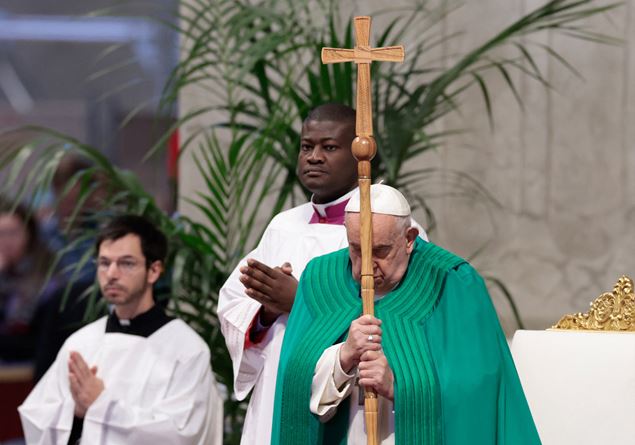
by Lorenzo Rossi
An epochal change is shaking Israel: today the first 1,000 letters of enlistment were sent to ultra-Orthodox Jews, the so-called Haredim. For decades, this community, which became popular thanks to the TV series Shtisel, represented an exception to compulsory military service, justifying the exemption with the need to dedicate itself exclusively to the study of sacred texts. Now, in a historic turning point, the Supreme Court has ended this privilege, ordering the exemptions revoked and requiring all citizens to share the burden of national defense.
The sending of the letters marks the first step in a plan that includes 7,000 invitations by the end of the year. A move that comes in a context of strong social and political tensions. The initial order was signed by then-Defense Minister Yoav Gallant shortly before he was removed by Prime Minister Benjamin Netanyahu, but his successor, Israel Katz, decided to confirm and implement the decision.
This choice has its roots in a debate that runs through the history of Israel. When the state was founded in 1948, compulsory military service was extended to all, but Yeshiva students were granted a temporary exemption. In the 1970s and 1980s, what was supposed to be a limited measure became an established right, fueling discontent among other Israeli communities, who began to perceive the Haredim as beneficiaries of an unfair privilege. Tensions reached a tipping point in 2012, when the Supreme Court declared a law granting the exemption unconstitutional, a decision that subsequent governments did not implement. In 2018, Netanyahu attempted to limit exemptions with a new law, but Parliament blocked the project. The definitive turning point came in June 2024, when the Supreme Court ruled that there are no longer legal barriers to the enlistment of ultra-Orthodox, putting an end to a privilege considered discriminatory.
Sending the letters triggered an immediate reaction. Haredi community leaders denounced the decision as an attack on their identity, accusing the government of trying to assimilate their religious community. Some rabbis have urged young men to disobey conscription orders, calling this measure incompatible with their values. The ultra-Orthodox community believes that military service, with the coexistence of men and women and a predominantly secular environment, can undermine their cultural and religious integrity.
The Israeli army, aware of the difficulties, has tried to mitigate resistance by creating special units for ultra-Orthodox soldiers. The Hasmonea Brigade, for example, was designed to respect the religious practices of the Haredim during service, offering a context that takes into account their needs. But these measures may not be enough. The issue of enlisting the Haredim is not just an operational challenge, but a test case for maintaining the delicate balance between state and religion in Israel.
This change is not without political implications. With ultra-Orthodox communities representing a crucial component of the governing coalition, Netanyahu finds himself walking on minefields. The enlistment of the Haredim is in fact perceived as an erosion of that implicit pact that guaranteed them privileges in exchange for political support.
In Israel, the compulsory enlistment of the ultra-Orthodox represents an epochal change, with repercussions that go far beyond national security issues. It is a test for a country that seeks to reconcile modernity with a centuries-old religious tradition, in an increasingly polarized society. The story of the Haredim conscription, which has its roots in 1948, continues to write new pages, leaving an entire nation poised between past and future.










